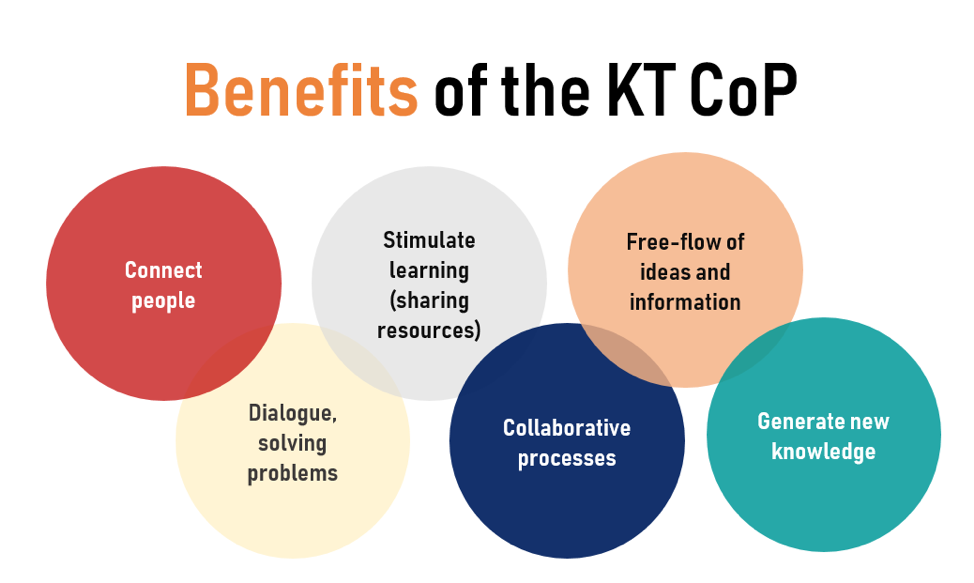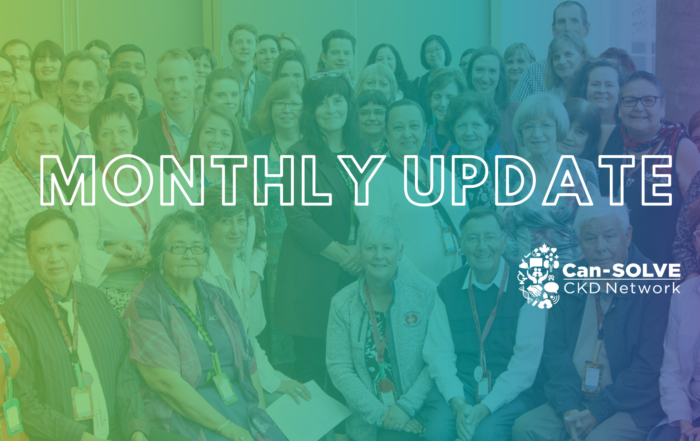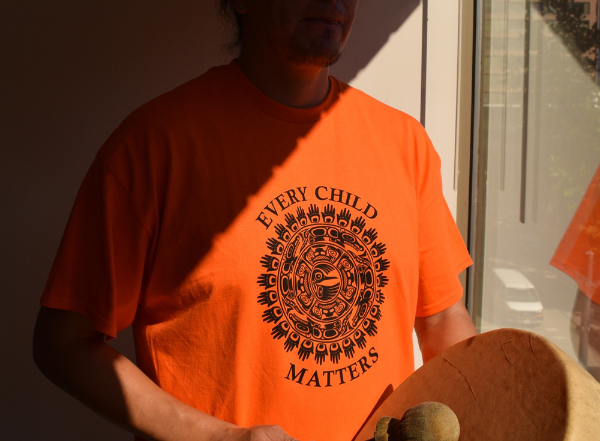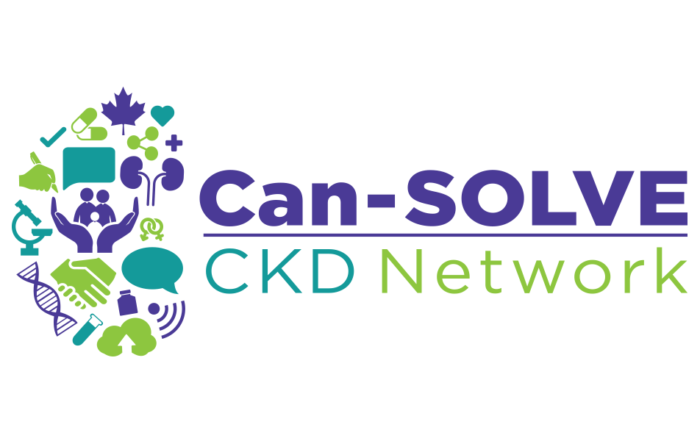Can-SOLVE CKD is a large kidney research network, made up of members with diverse areas of expertise.
In 2019, the network wanted a way to bring together its members and advance each person’s ability to communicate their work to one another, as well as the public. This was the beginning of Can-SOLVE CKD’s Knowledge Translation Community of Practice.
Over the past year, the group has met regularly and explored various ways to synthesize, disseminate, exchange and apply their knowledge in order to improve the health of Canadians living with kidney disease. Collectively, this is referred to as knowledge translation, or KT.
Oksana Harasemiw is a Research Coordinator at the Chronic Disease Innovation Centre (CDIC) in Manitoba. She has been participating in Can-SOLVE CKD’s KT Community of Practice since its inception. This in part involves attending virtual meetings, which bring together various members of the network, including PIs, patient partners, and coordinators. The workshops have focused on everything from developing visual summaries and visual storytelling (pecha kuchas), preparing effective rapid-fire style oral presentations, to distilling key messages from publications, and targeting different types of audiences.
“An impressive strength of the Can-SOLVE CKD Network is the ease in which researchers, coordinators, and patient partners come together to enhance research projects,” says Oksana. “This is also apparent in the Community of Practice, where various members of the research team are able to present their perspectives and knowledge.”
So far, her favourite experience involved learning how to create infographics describing her work. “Gaining the knowledge and skills of building infographics sparked a love of infographics for me, and I continue to develop and grow these skills,” she says.
Importantly, Oksana then had an opportunity to bring these skills back to her team at the CDIC, where she and her colleagues had an infographic-making competition and shared their work with the public.
Oksana notes that communicating the nuances of research to different audiences can be challenging, but is critical.
“As the Can-SOLVE CKD projects begin to translate their findings, having good KT skills will become even more imperative to have,” she says.






Connect with us